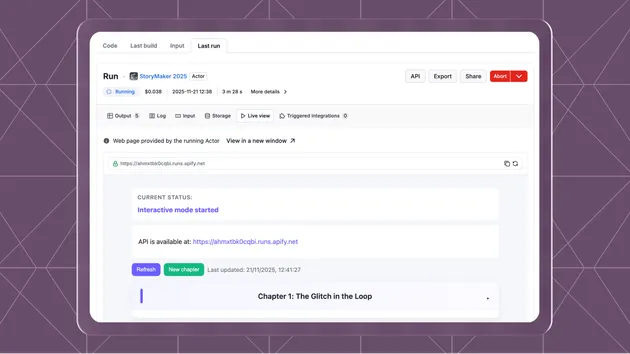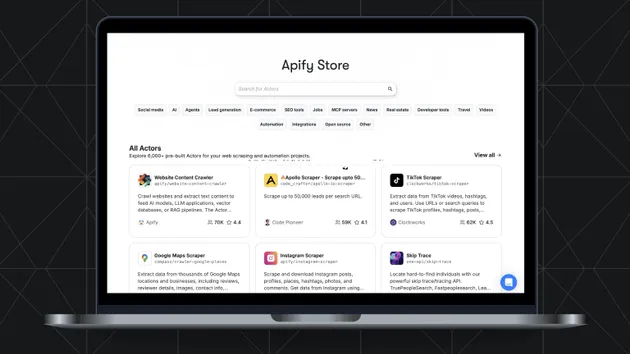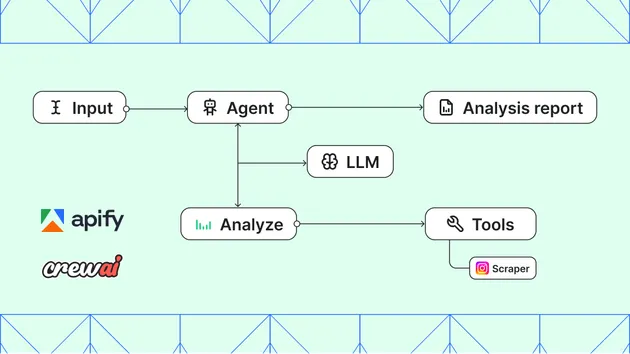Standby Keep-Alive Actor
Pricing
Pay per usage
Go to Apify Store

Standby Keep-Alive Actor
Achieve almost 100% availability of your Standby Actor by periodically starting a new run of the Actor.
Pricing
Pay per usage
Rating
0.0
(0)
Developer

Tobiáš Potoček
Maintained by Community
Actor stats
0
Bookmarked
5
Total users
0
Monthly active users
a month ago
Last modified
Categories
Share




